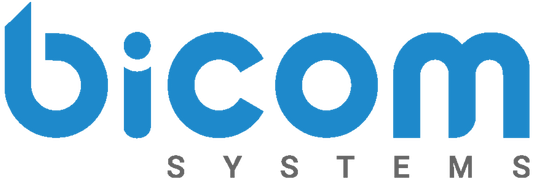Automated Voice Message: ‘You are number 120 waiting in the queue’ *Insert on hold music*
This message is something most people hear when they have to contact a call center. Incoming calls will receive a position announcement with their queue status and will be placed in the queue to wait until an available representative can take their call.
To avoid the ‘first come, first serve’ route, which has urgent calls waiting for a while, there was software developed called Call Routing. This is something most call centers and SMB’s have if they are using an experienced telephony system. The incoming calls are sent to a specific location for a different reason based on the company’s needs.
Call Routing will get your customers to the correct agent quickly because today, no one has time to wait when they need a problem resolved as soon as possible.
But what if your software could do more than that? What if there was something that could define who was calling based on their phone number and their level of importance?
You are in luck! Bicom Systems PBXware 5.2 can integrate with most CRM software and route calls to a specific Queue, person or anywhere based on the information provided in the CRM.
In simpler terms, here is how it works:
An incoming call comes in, PBXware queries the CRM system based on the specific action already entered. Based on the information in the CRM and the pre-entered rules, the call is then routed to where it is supposed to go.
A unique feature to this is that if for some reason the CRM does not recognize your number (for example, if you were to call from a different phone number) the IVR will prompt you for more information. If they ask for your name, account number or phone number on the account, it will then recognize who you are. If the information entered matches in the CRM it will do what it was told to do.
There are options to set up as many rules as you need to for certain contacts. They can also be based on time of day, the day of the week or the assigned agent’s status. For example, you can set a customer as ‘high priority’ that must have an agent answer their call. The CRM routing rule will then direct the call to an available agent. Rules can be made for any caller and can be routed to the queue, specific agents, a voice recording, etc.
To recap, with CRM Routing, you can:
- Route important customers to a priority support line or to the top of the list
- Route inbound calls directly to the person with the right skills for the job
- Route return calls to the original person they spoke too
- Route calls based on where they are in the CRM system like:
- First time Caller
- Interested but still need more information Caller
- Ready to close the deal Caller
- Long term customer Caller
CRM Routing a game changer for call centers and any SMB’s with many customers. The two together interact and add context to every caller interaction. It will also:
- Increase Customer Satisfaction
- Improve Response Times
- Increase Customer Loyalty
- Distributed Employees Workload
- Improve Customer Service Efficiency
You have the ability to customize calls exactly how you want to. This will create the best experience for not only your customers but employees. If you want to increase your customer experience you need to get yourself a phone system that allows for call routing with CRM integration.
Bicom Systems PBXware allows for CRM integration with some of the most popular systems like Salesforce, SugarCRM, MS Dynamics, and others. To learn more about PBXware, visit our website or send an email to our sales team at sales@bicomsystems.com.

